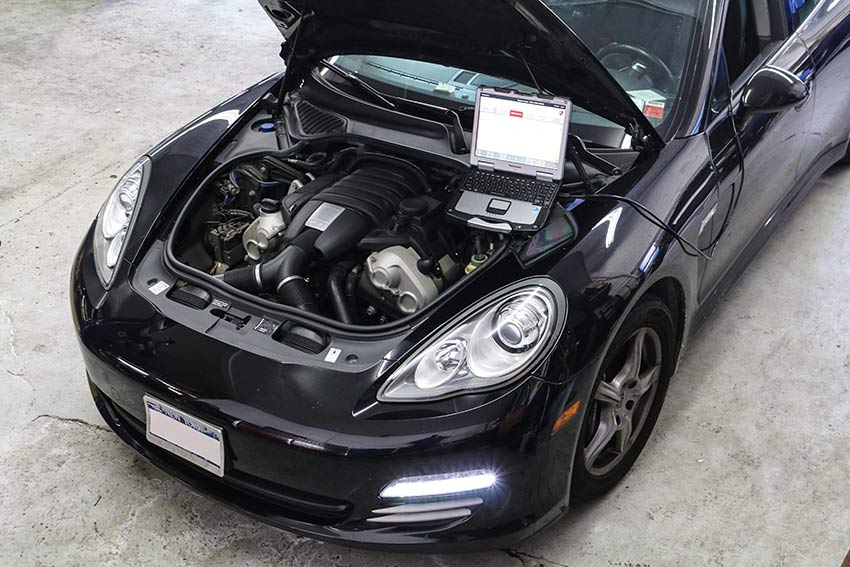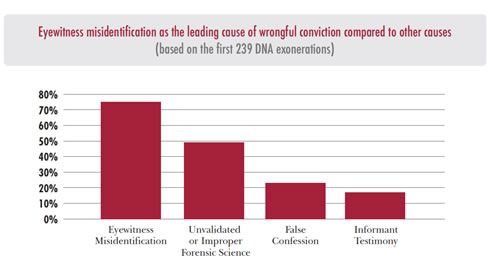Analyzing The Difficulties Faced By BMW And Porsche In China's Competitive Market

Table of Contents
China's automotive market, the world's largest, is a double-edged sword for luxury brands like BMW and Porsche. While offering immense potential, it presents significant hurdles. Despite past successes, these German automakers are facing increasing difficulties in maintaining their market share. This article delves into the key challenges they encounter, examining the competitive landscape and the strategies needed for continued success in this dynamic market.
Intense Domestic Competition
The Chinese automotive market is no longer dominated solely by international players. The rise of domestic brands and the aggressive pricing strategies of established international competitors present formidable challenges for BMW and Porsche.
Rise of Chinese Luxury Brands
Chinese luxury car brands are rapidly gaining traction, posing a direct threat to established players. Brands like Hongqi, BYD's luxury arm (Denza and Yangwang), and Nio are leveraging several key advantages:
- Increased Brand Awareness: Clever marketing campaigns and a growing sense of national pride are boosting the appeal of domestic brands.
- Government Support: Government initiatives and subsidies are providing significant financial support to domestic automakers, accelerating their growth and development.
- Technologically Advanced Vehicles: Chinese brands are increasingly incorporating cutting-edge technologies, often surpassing international competitors in certain areas.
- Competitive Pricing: Offering competitive pricing strategies, often undercutting established brands, makes them attractive to price-sensitive consumers.
Aggressive Pricing Strategies from Established International Brands
The competition isn't limited to just emerging Chinese brands. Other established international brands are engaging in aggressive pricing strategies to maintain their market share, creating a price war that impacts profitability for all players. This includes:
- Price Wars: Direct price reductions to compete with both domestic and other international brands.
- Discounts and Promotional Offers: Incentivizing purchases through temporary discounts and promotions.
- Bundled Packages: Offering additional features or services at reduced prices to increase the perceived value.
Shifting Consumer Preferences
The Chinese automotive market is characterized by rapidly evolving consumer preferences, demanding significant adaptation from brands like BMW and Porsche.
Electrification and New Energy Vehicles (NEVs)
The transition to electric vehicles (EVs) is happening at an unprecedented pace in China. This shift puts immense pressure on BMW and Porsche to accelerate their electrification strategies:
- Investment in EV Infrastructure: Significant investments are needed to expand charging networks and ensure convenient charging access for EV owners.
- Charging Network Limitations: The current charging infrastructure, while expanding, still lags behind the rapid growth of EV adoption.
- Consumer Acceptance of New Technologies: Educating consumers about the benefits of EVs and overcoming range anxiety remains crucial for widespread adoption.
Emphasis on Technology and Digitalization
Chinese consumers place a high value on cutting-edge technology and digital features in their vehicles. This means BMW and Porsche must prioritize:
- Software Updates: Regular over-the-air software updates to enhance functionality and performance.
- Autonomous Driving Features: Integrating advanced driver-assistance systems (ADAS) and autonomous driving capabilities.
- Advanced Infotainment Systems: Providing intuitive and user-friendly infotainment systems with seamless connectivity.
- Digital Services and Ecosystem Integration: Offering integrated digital services and seamless integration with other digital ecosystems.
Supply Chain and Geopolitical Factors
External factors further complicate the challenges faced by BMW and Porsche in China.
Global Supply Chain Disruptions
Global supply chain disruptions, exacerbated by recent events, impact production and delivery times significantly:
- Chip Shortages: The ongoing semiconductor chip shortage continues to constrain vehicle production.
- Logistics Challenges: Disruptions to global shipping and logistics networks increase costs and lead times.
- Raw Material Costs: Fluctuations in the prices of raw materials, like steel and aluminum, impact manufacturing costs.
Geopolitical Tensions
Evolving geopolitical relations between China and the West influence brand perception and market access:
- Trade Tariffs: Potential trade tariffs can significantly increase the cost of imported vehicles.
- Political Instability: Geopolitical uncertainty can impact consumer confidence and investment decisions.
- Potential Boycotts: Concerns about geopolitical issues can lead to consumer boycotts of certain brands.
Conclusion
BMW and Porsche face a complex and highly competitive landscape in the Chinese automotive market. Intense domestic competition from rising Chinese brands, rapidly shifting consumer preferences towards EVs and technology, and external factors like supply chain disruptions and geopolitical tensions all pose significant challenges. Successfully navigating this dynamic environment requires strategic adaptation, substantial investments in new technologies, a commitment to localization, and a deep understanding of the evolving needs and preferences of the Chinese consumer. To maintain competitiveness, these brands need to prioritize innovation, localization, and a customer-centric approach.
Call to Action: To stay informed about the dynamic changes impacting BMW and Porsche's performance in China's competitive market, continue following our analysis and insights. Learn more about the difficulties faced by luxury car brands in China and how they are adapting their strategies to overcome these challenges.

Featured Posts
-
 10 Unforgettable European Shopping Adventures
Apr 25, 2025
10 Unforgettable European Shopping Adventures
Apr 25, 2025 -
 Investigation Into Price Gouging Following La Wildfires
Apr 25, 2025
Investigation Into Price Gouging Following La Wildfires
Apr 25, 2025 -
 Ohio Train Derailment Aftermath Prolonged Presence Of Toxic Chemicals In Buildings
Apr 25, 2025
Ohio Train Derailment Aftermath Prolonged Presence Of Toxic Chemicals In Buildings
Apr 25, 2025 -
 Nhung Hinh Anh Voi An Tiec Buffet Duoc Trang Diem Cau Ky
Apr 25, 2025
Nhung Hinh Anh Voi An Tiec Buffet Duoc Trang Diem Cau Ky
Apr 25, 2025 -
 When The Going Gets Tough Political Parties And Compromise
Apr 25, 2025
When The Going Gets Tough Political Parties And Compromise
Apr 25, 2025
 2019 Shooting Trial Best Friends Testimony Against Adonis Smith
2019 Shooting Trial Best Friends Testimony Against Adonis Smith
 Coronation Street Stars Emotional Exit The Truth Behind The Tears
Coronation Street Stars Emotional Exit The Truth Behind The Tears
